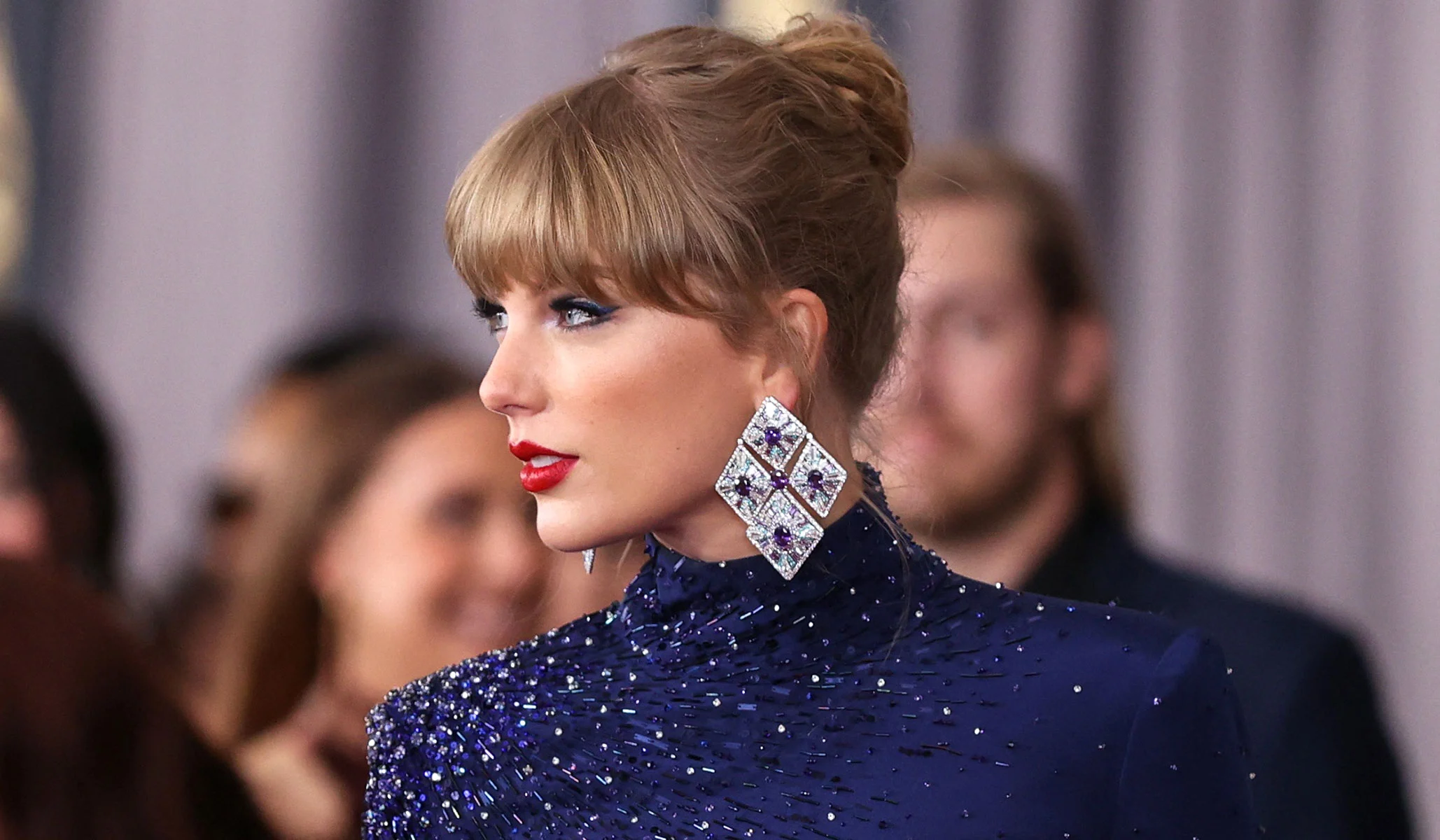Pop star Taylor Swift faced some criticism in June 2019 when she released “You Need to Calm Down,” a song that blended adolescent sensibility with political correctness. Fans, known as Swifties, were unsure if she was preempting or appropriating Gay Pride Month. Despite this, she continued to perform the song during her “Eras” tour, timed for Pride events, revealing her career strategies.
Swift is not just a pop star with a catchy sound like Dua Lipa or Bruno Mars; she is undeniably political, with all the prevarication, duplicitousness, egotism, and menace that such a role implies. During a Chicago concert, she spoke out about harmful legislation that puts people in the LGBT community at risk, advocating for safe and celebratory spaces. The media dutifully report her instigations, with some treating her as a favored daughter or a phenomenon of artistic significance.
However, at 5 feet 11 inches, Swift joins the ranks of cultural avatars Oprah Winfrey and Barack Obama, who personify the envious ambition of the masses, earning recognition through dubious accomplishment. Her stilted manner recalls a high-school valedictorian with RBF. “You Need to Calm Down” is not personal expression, but a con job that works well on adolescents who haven’t learned to distinguish thoughts from enthusiasms.
Swift appeals to the teenage need for identification, coming for America’s daughters, making her songs specious and dangerous. Even The Atlantic complained that “queer folks have a right to feel queasy from the song,” charging that “You Need to Calm Down” “hijacks queerness.” Swift rarely lets her pop skills get out of control, but the song’s “gown/crown/loud” rhymes blatantly expropriate drag-queen lingo. A shout-out to gay media hints at hidden animosity and veiled homophobia.
Swift also hijacks adolescence, the proving ground of pop-music fanaticism. The bulk of her catalogue is a series of revenge songs, teaching girls how to think, but not for themselves, only about themselves. Her bratty voice fosters misandry, and her self-directed video for “(I’d be) The Man” is pointless since, for her minions, she is already an alpha type.
Swift’s will-to-power coincided with Hillary Clinton’s biggest ambition, and Kanye West was once her Obama-opponent. “Closure,” from the album Evermore, repeats “I don’t need your closure” in a voice like angry-wifey Hillary. Manipulation is a Millennial ploy central to Swift’s self-conscious media mania. It recalls how Spice Girls mania manipulated ’90s feminists who harbored age-old regrets. Swift plays to defensiveness, reigniting teenage insecurity and hostility for those adults in the media who make sure their princess is always prominently promoted. As an icon for the TikTok era, Swift attracts media-addled victims of her demagoguery, but if she is an ideal, the state of modern girlhood is in trouble.

